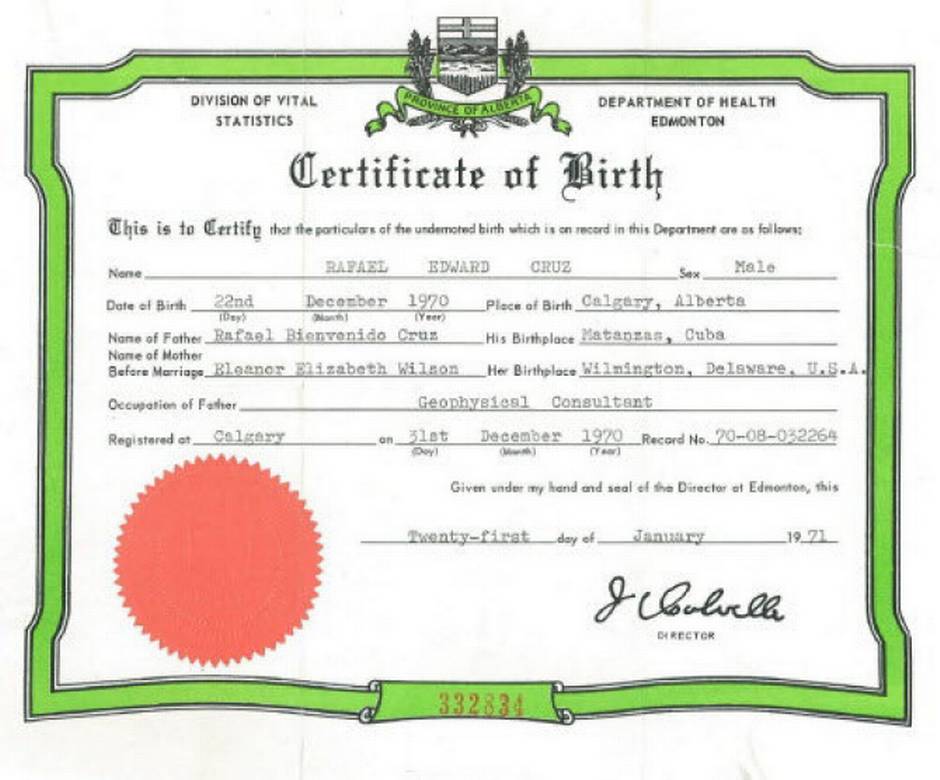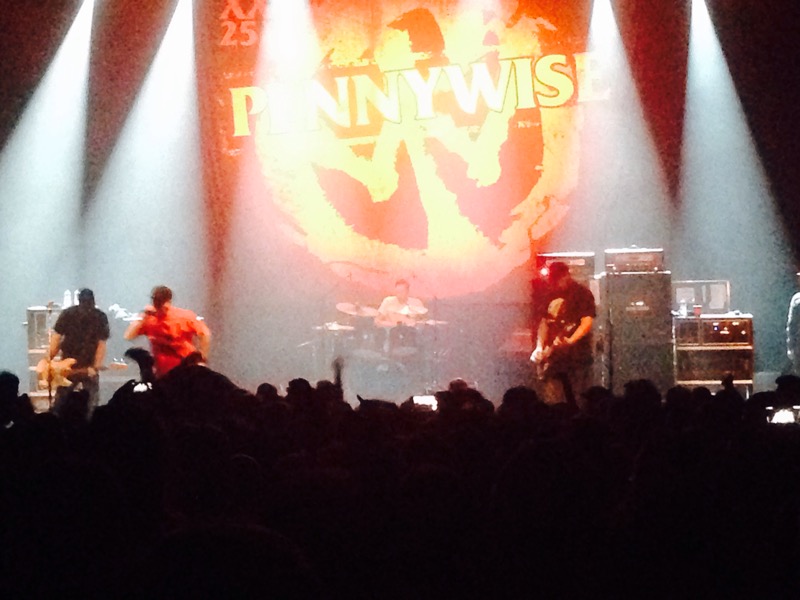These are some of the things that happen every four years: leap year, a total solar eclipse, the Olympics, and the FIFA World Cup.
Oh, and debate—ad infinitum, ad nauseam—about the Liberals and New Democrats coming together to defeat the Satanic Stephen Harper Conservatives. That, too, happens every four years—and, when there’s a minority Parliament, it happens with even greater frequency.
Thus, this past week, when a mischievous Tom Mulcair started musing out loud about the progressive/coalition/cooperation thing yet again. Columnists columnized about it. Reporters reported on it. Commenters commented on it.
Here we go again.
Take it from someone who has actually written a book, Fight The Right (available at all fine bookstores near you), that expertly dealt with this issue: Canadian progressives coming together to oust the dastardly, rebarbative Cons is a non-starter.
Herewith, 10 reasons why:
1. Well, they super hate each other. Per the immortal words of Sally Fields, inverted, they really, really do. For myriad reasons—cultural, ideological, political—each party heartily detests the other. Each regards the other as a threat, not a partner.
2. We’ll say it again: the cultures are radically different. The NDP loathe the Liberals, mainly, because they regard them as a party without ideology and therefore principles. Oddly, most Dippers prefer the Tories—“because they at least believe in something.” Grits, Dippers say, don’t.
3. The Liberals think they can win on their own: Trudeau’s party, despite their reduced Parliamentary status, are much more popular than they ever were with Michael Ignatieff or Stéphane Dion. They genuinely feel they have a shot at power, and they genuinely do. So who needs a coalition?
4. The NDP think they can win, too: But it isn’t what you think. New Democrats know, in recesses of their big, bleeding hearts, that they lack enough broad-based support to enthrone Mulcair in 24 Sussex Dr. So, privately, they would be content to stay where they are—as a strong official opposition. In so doing, they keep the hated Liberals out of 24 Sussex Dr., too.
5. Coming together now looks bad: if the Grits and the Dippers somehow join forces, they will be both admitting, de facto, that they cannot win the 2015 election. That isn’t good for grassroots morale, and it’s something mean old Stephen Harper would have a lot of fun with.
6. Coming together after the election is even worse: As before, any attempt to form a coalition post-vote will be depicted by Harper as a bloodless coup. It worked in 2008-2009, and it will work again 2015.
7. Mulcair doesn’t like Trudeau: In private, New Democrats are scathing in their assessment of the Liberal leader. They see him as the literal embodiment of everything they dislike: all charisma and no conviction. All trust fund, no street smarts. Mulcair therefore regards Trudeau as unfit to shovel the driveway at Stornoway.
8. Trudeau doesn’t like Mulcair: to the Liberals, Mulcair is the main impediment to regaining power. And, after the Pacetti-Andrews schmozzle, Trudeau wouldn’t trust Mulcair for a New York minute. And he doesn’t.
9. The policy divide is a veritable chasm: take, for instance, C-51. The New Democrats appear more interested in using the anti-terror bill as a club, a wedge, with which to beat the perfidious Liberals. Their desire to actually, you know, oppose C-51 seems almost secondary.
10. Their view of federalism could not be more dissimilar: Mulcair, to federalist Liberals, is a venal crypto-separatist. His Sherbrooke Declaration, his equivocation on Quebec nationalism, enrages Liberals—who see themselves, still, as the only party capable of Keeping Canada United.
There you go. Mulcair can have his fun, and the columnists can fell forests to print opinion pieces about it all.
But an NDP-Liberal coalition is never, ever going to happen.
(Or not in this four-year cycle, at least.)
Comments (51)



